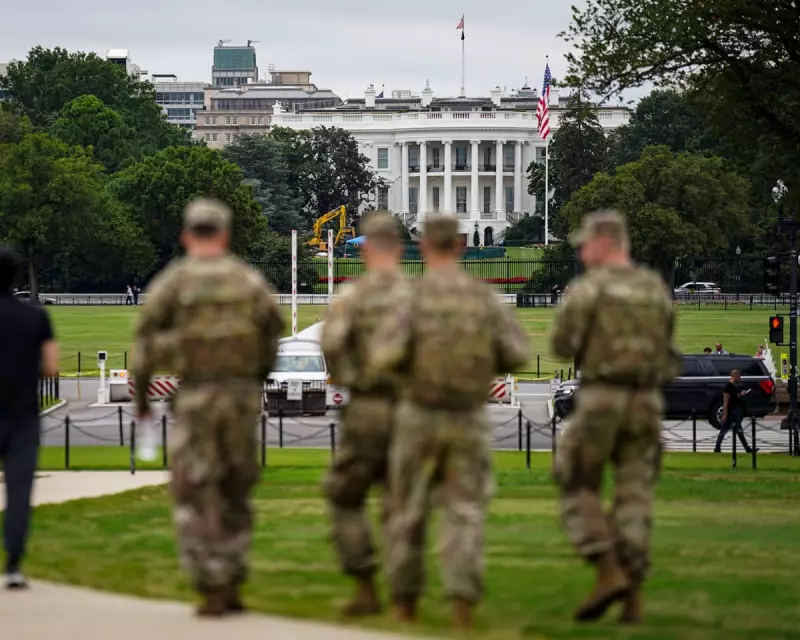
In a move that has sent shockwaves through the American political establishment, former President Donald Trump has issued a direct command to deploy the National Guard to Chicago, setting the stage for a profound constitutional confrontation.
The controversial order, delivered via his Truth Social platform, directly challenges the authority of House Speaker Hakeem Jeffries and bypasses the established chain of command, which rests with the Pentagon and the Department of Defense. This audacious power play has been met with immediate and fierce resistance, framing a bitter standoff between the former commander-in-chief and the nation's current defence apparatus.
A Direct Challenge to Established Authority
Trump's directive, framed as a necessary response to what he termed "out of control" crime rates in the city, is a stark departure from standard procedure. The deployment of National Guard troops is a power traditionally and legally vested in state governors or, at the federal level, requires a complex process involving the Secretary of Defense and the President.
By attempting to unilaterally issue this order from his position as a private citizen, Trump has ignited a fierce debate over the limits of presidential authority and the peaceful transition of power. Legal experts were quick to highlight the extraordinary and likely unlawful nature of the command.
The Political Fallout and Democratic Fury
The reaction from Democrats was swift and severe. Speaker Hakeem Jeffries condemned the move as a "dangerous and authoritarian" stunt, accusing Trump of attempting to usurp power and undermine the nation's democratic foundations. The statement from Jeffries' office emphasised that the Pentagon had rightly dismissed the order as having "no legal force or effect."
This event is widely seen as a dramatic escalation in Trump's ongoing campaign to assert influence and test the boundaries of governmental norms, effectively throwing down a gauntlet to the Biden administration and its allies.
Chicago: The Unwitting Battleground
At the heart of this political maelstrom is the city of Chicago itself. The proposal to deploy soldiers onto American streets to address domestic crime is a deeply contentious issue, raising alarming questions about the militarisation of law enforcement and the potential for civil liberties infringements.
Local officials have expressed outrage at being used as a political pawn in a national power struggle, arguing that real solutions to urban crime require investment and community policing, not military intervention.
As legal and political scholars dissect the implications of this unprecedented move, one thing is clear: Trump's National Guard gambit has successfully manufactured a crisis that probes the very heart of American constitutional governance and the rule of law.





